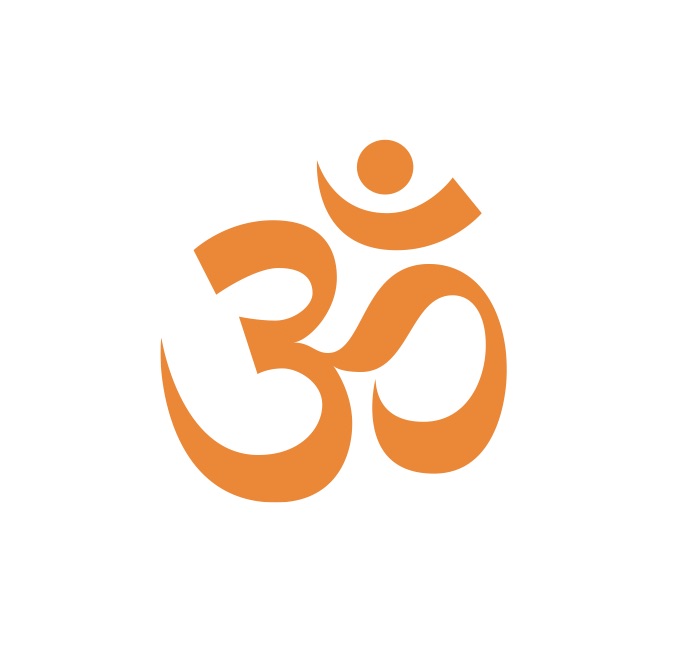
mantra or man·tram [man-truh, mahn-, muhn-] ExamplesWord Origin noun
- Hinduism. a word or formula, as from the Veda, chanted or sung as an incantation or prayer.
- an often repeated word, formula, or phrase, often a truism: If I hear the “less is more” mantra one more time, I’ll scream.
Origin of mantra Borrowed into English from Sanskrit around 1800–10 Related formsman·tric, adjective Examples from the Web for mantram Historical Examples of mantram
Then their hands were untied, and the Brahman mumbled a mantram.
From the Caves and Jungles of Hindostan
Helena Pretrovna Blavatsky
The mantram should be repeated eight hundred times for seven nights.
Omens and Superstitions of Southern India
Edgar Thurston
The mantram is usually drawn with treble lines, one black, one yellow, and one white.
Castes and Tribes of Southern India
Edgar Thurston
This mantram should be repeated sixteen times, with bhasmam thrown on the body of the patient.
Castes and Tribes of Southern India
Edgar Thurston
Then chant the Sakti mantram 101 times, and mutter the mantram to give life at the bottom.
Castes and Tribes of Southern India
Edgar Thurston
British Dictionary definitions for mantram mantra noun
- Hinduism any of those parts of the Vedic literature which consist of the metrical psalms of praise
- Hinduism Buddhism any sacred word or syllable used as an object of concentration and embodying some aspect of spiritual power
Word Origin for mantra C19: from Sanskrit, literally: speech, instrument of thought, from man to think Word Origin and History for mantram mantra n.
1808, “that part of the Vedas which contains hymns,” from Sanskrit mantra-s “sacred message or text, charm, spell, counsel,” literally “instrument of thought,” related to manyate “thinks,” from PIE root *men- “to think” (see mind (n.)). Sense of “special word used for meditation” is first recorded in English 1956.
 Liberal Dictionary English Dictionary
Liberal Dictionary English Dictionary